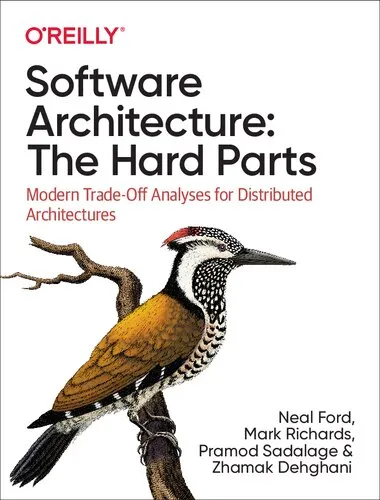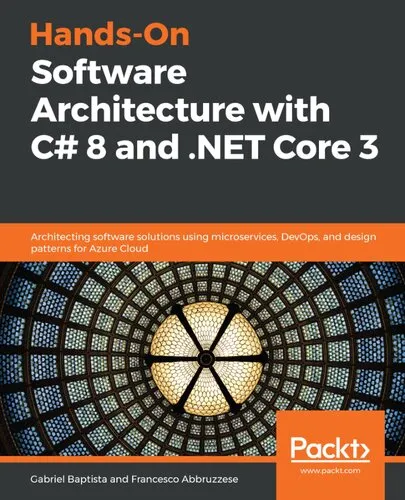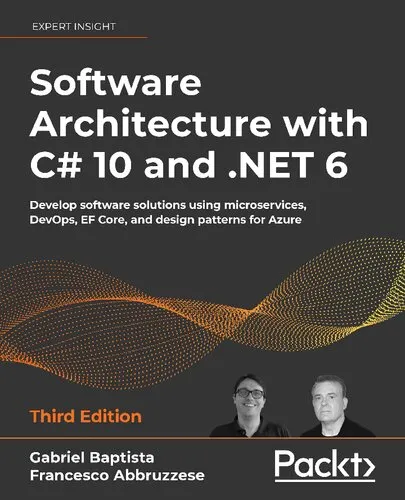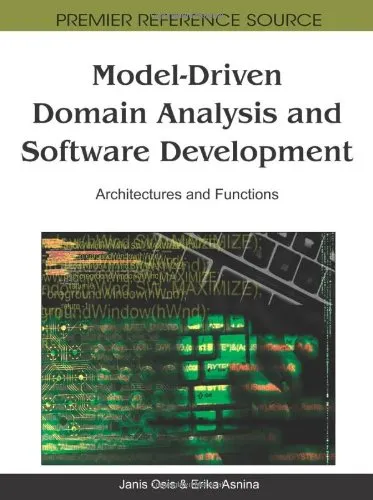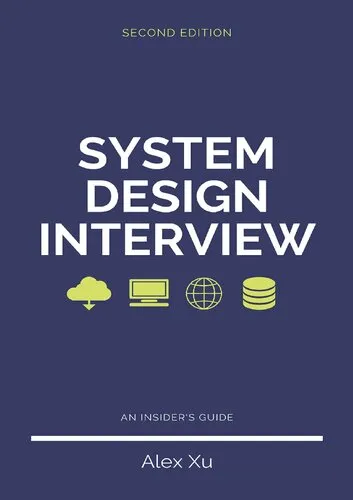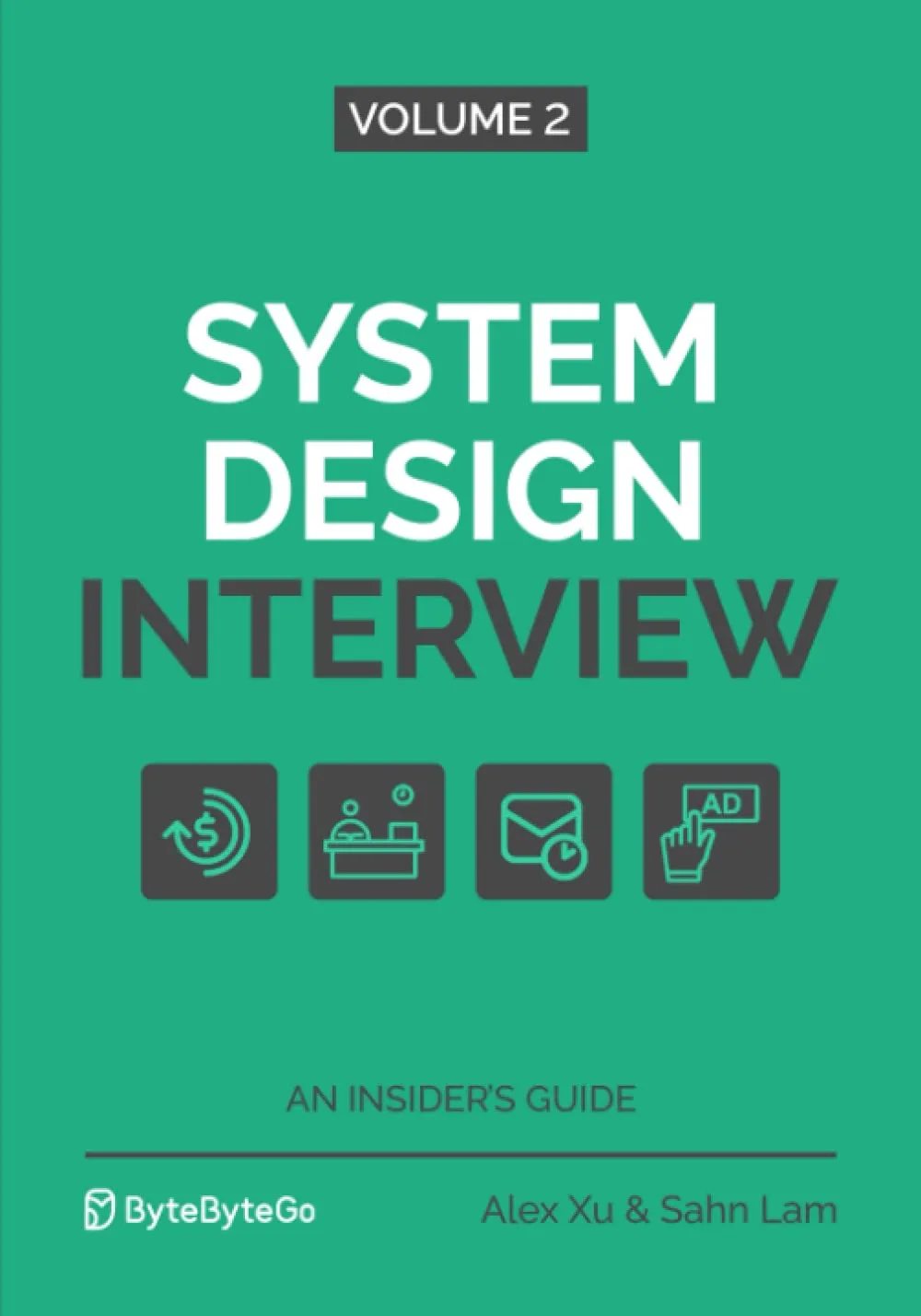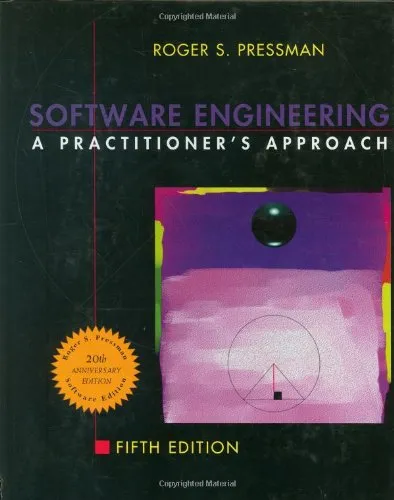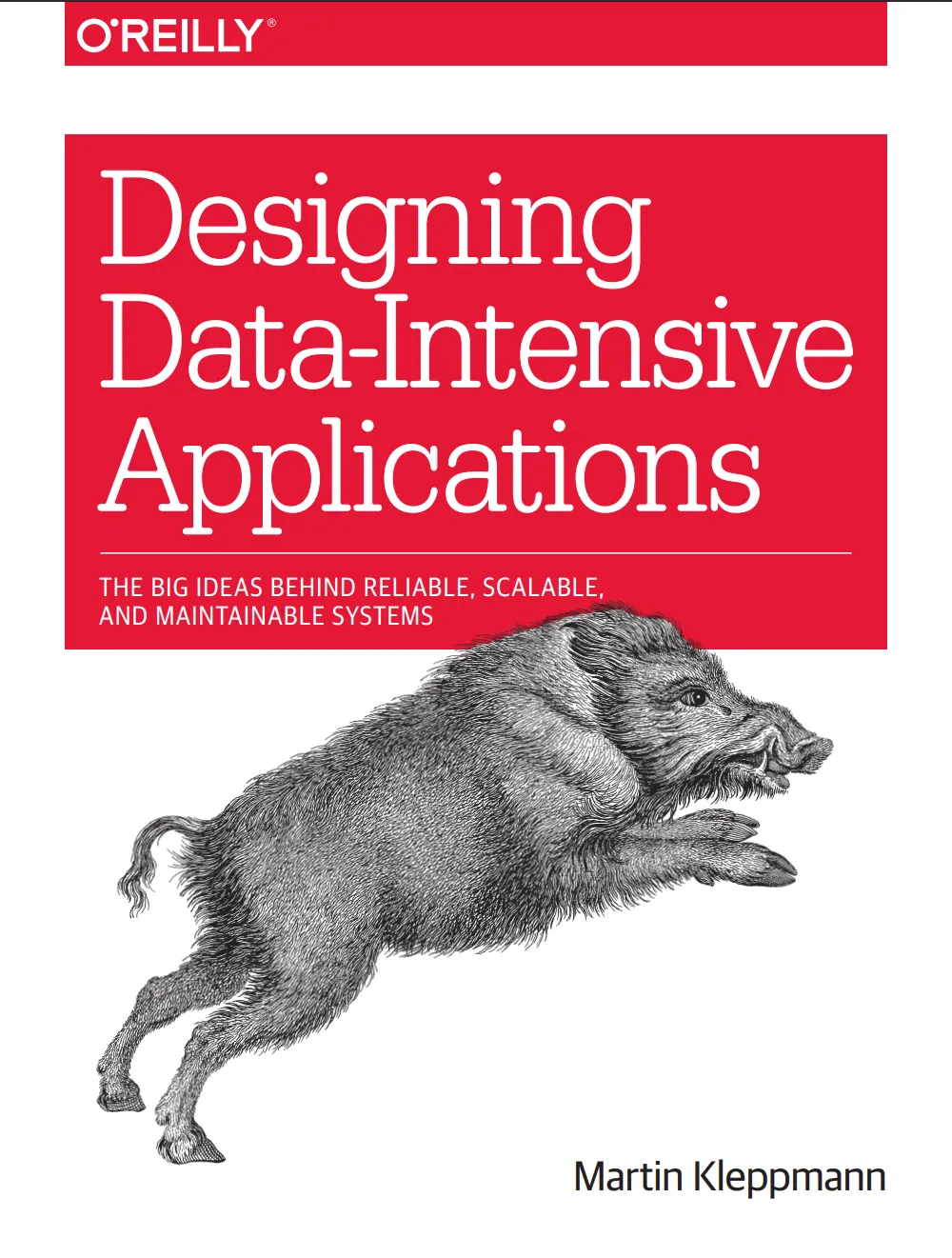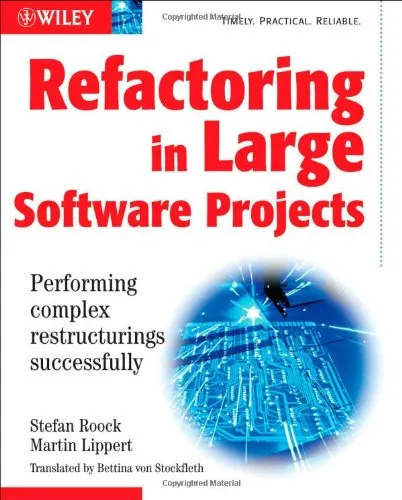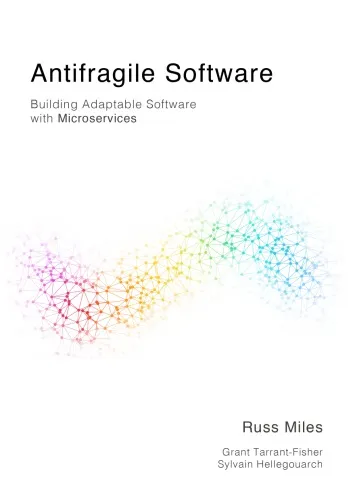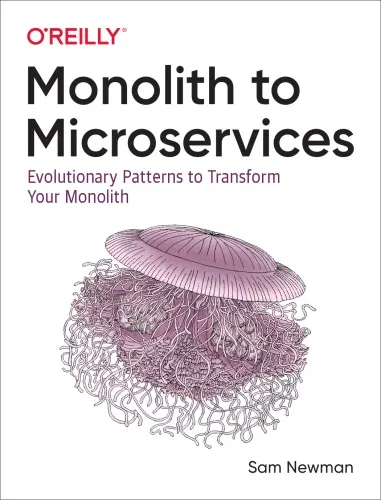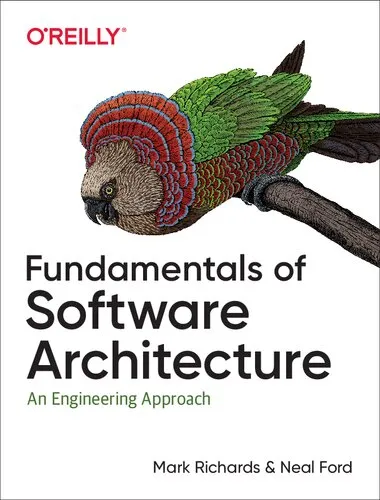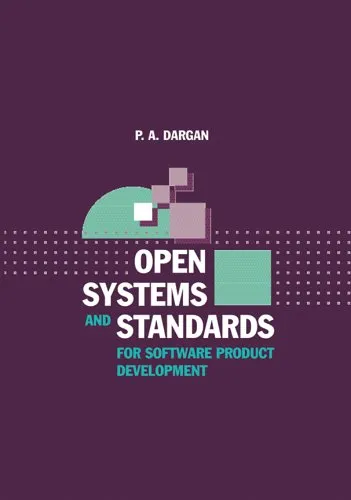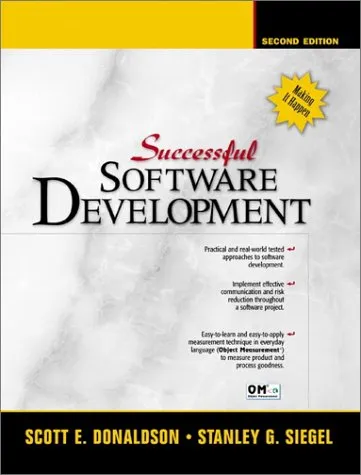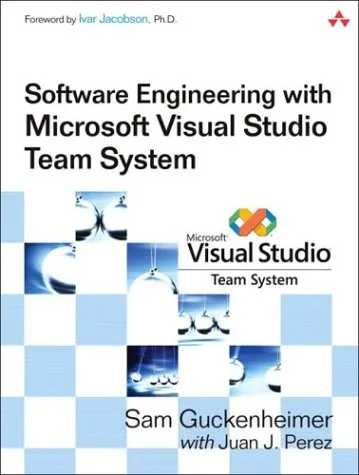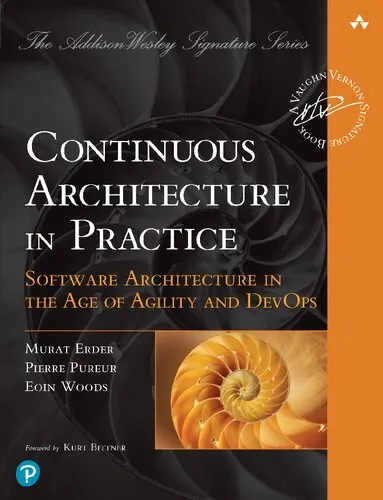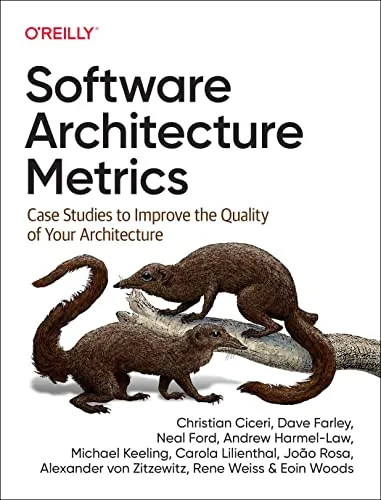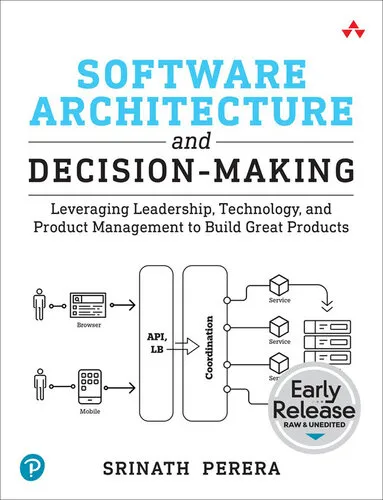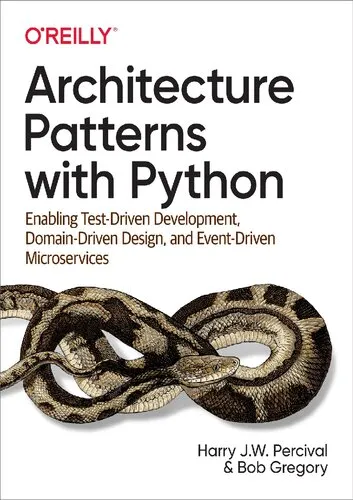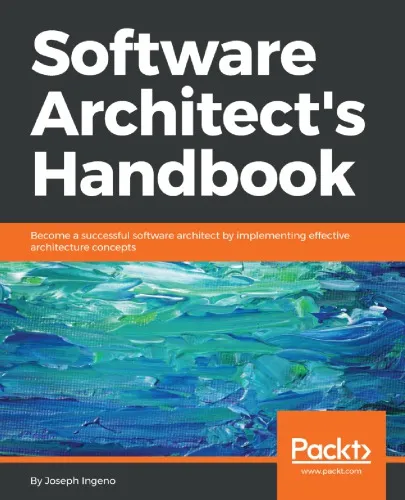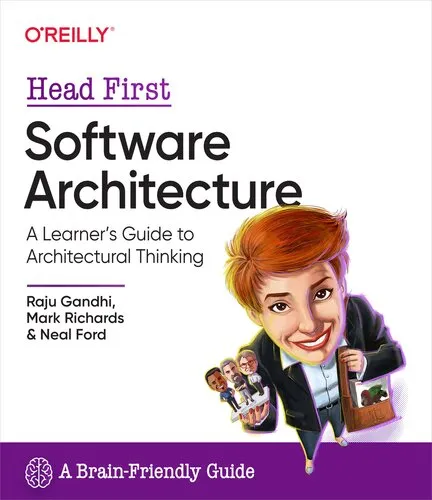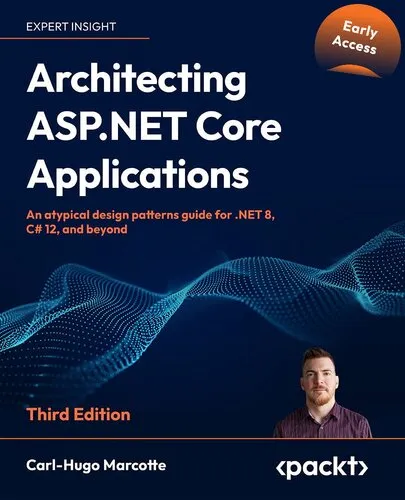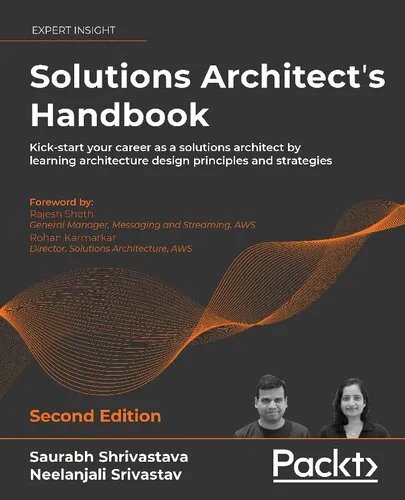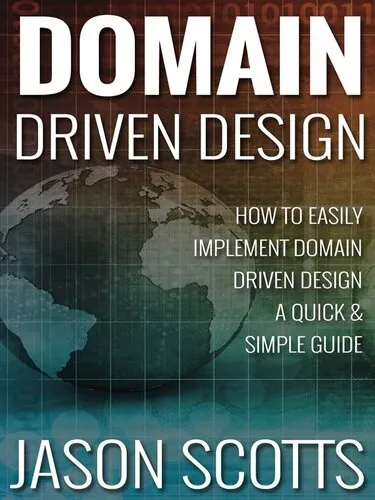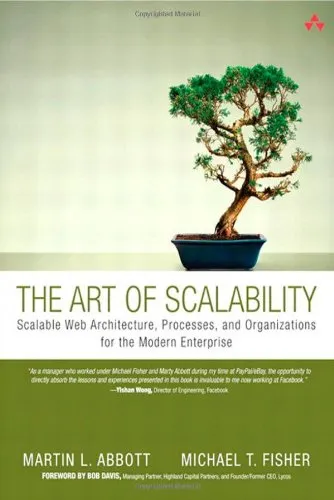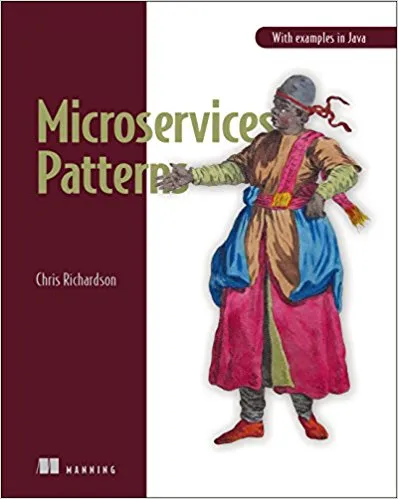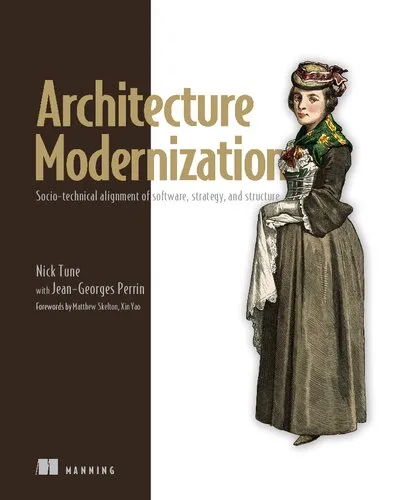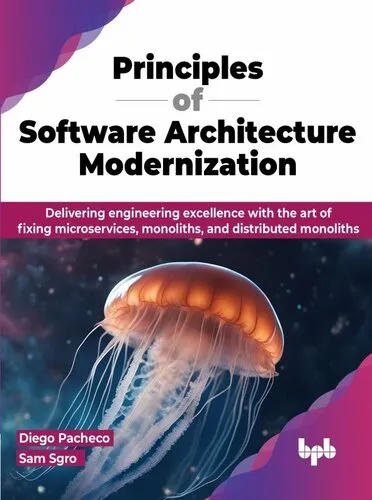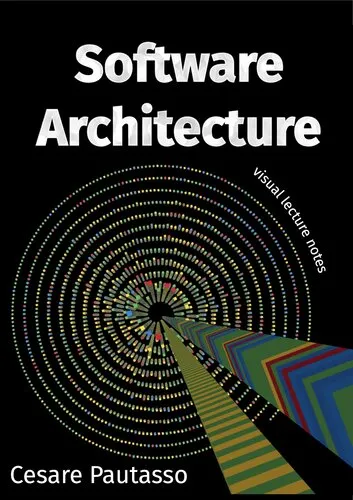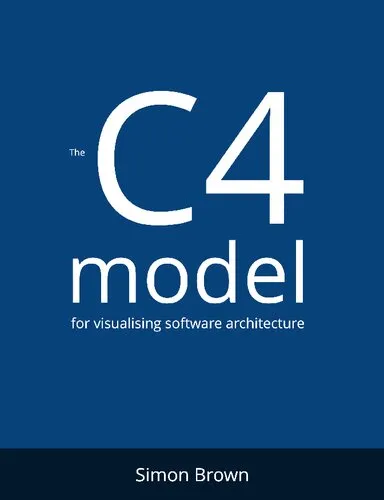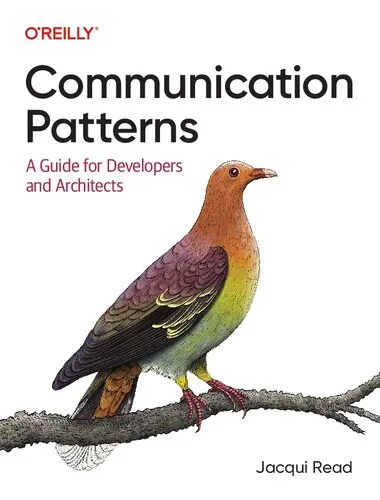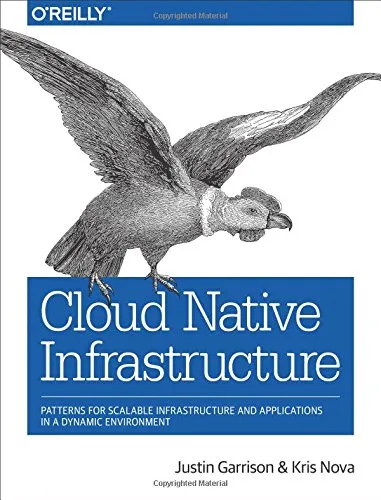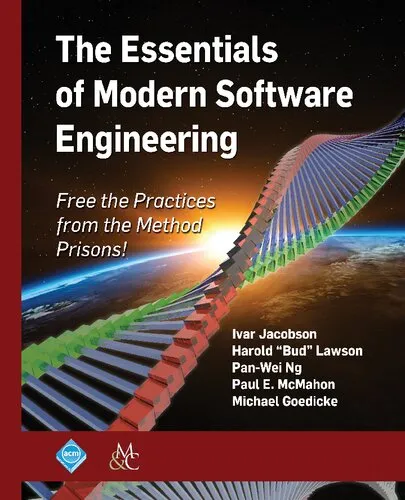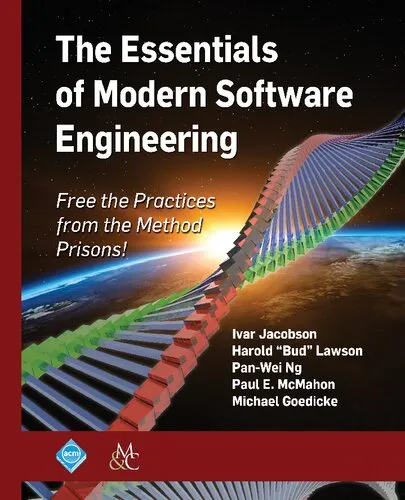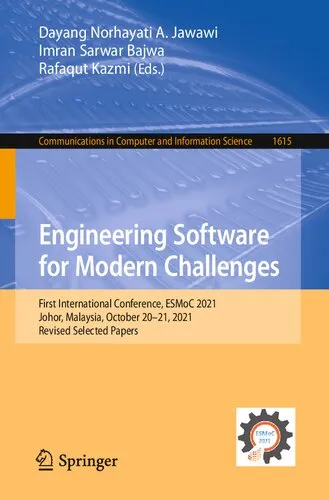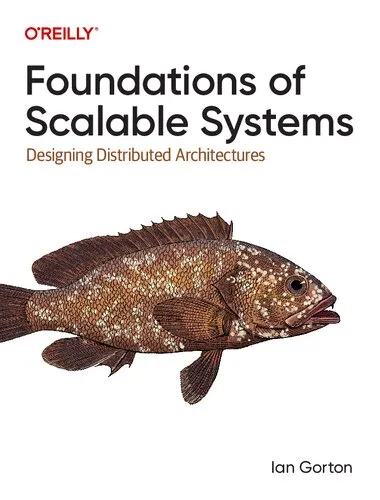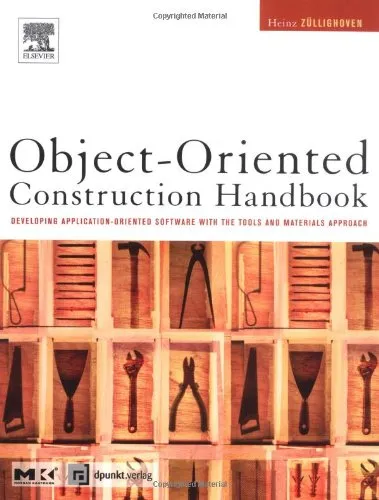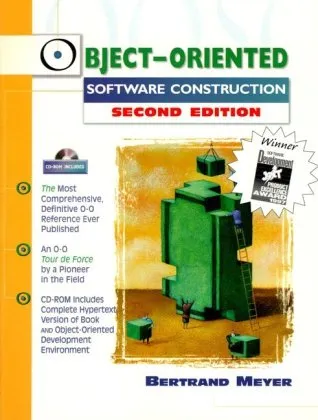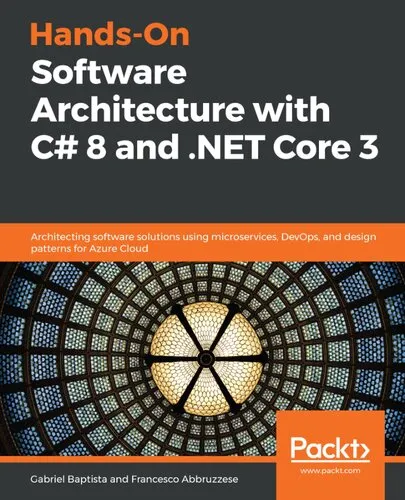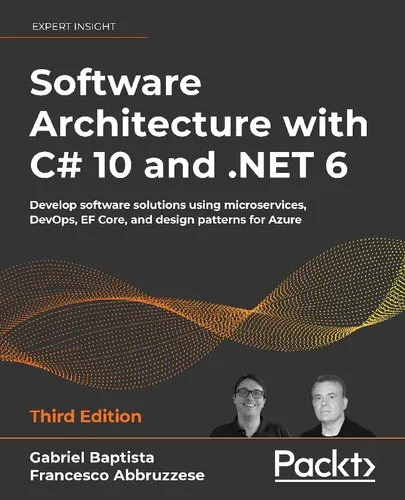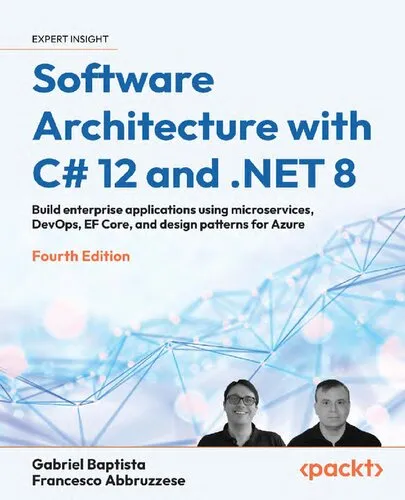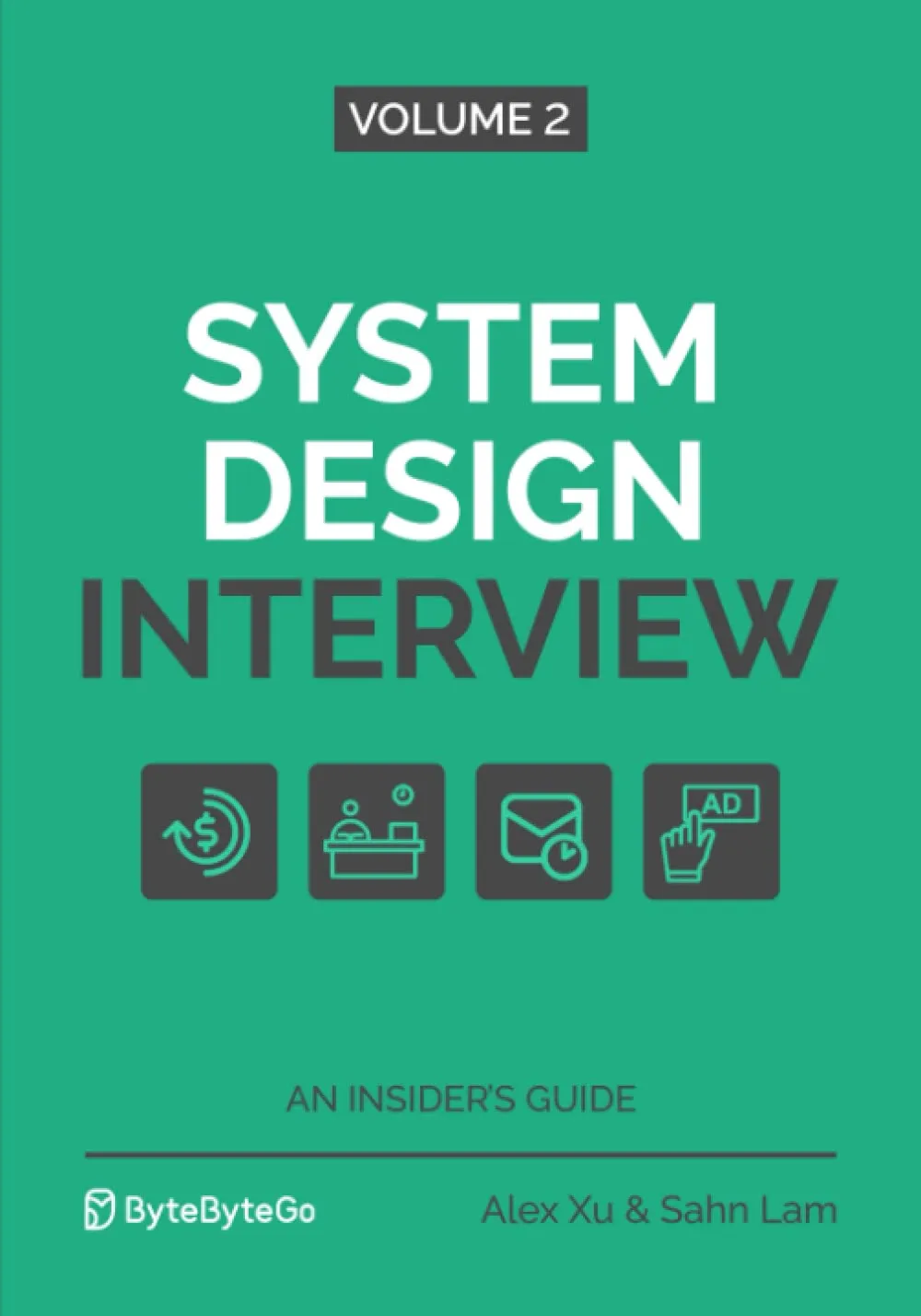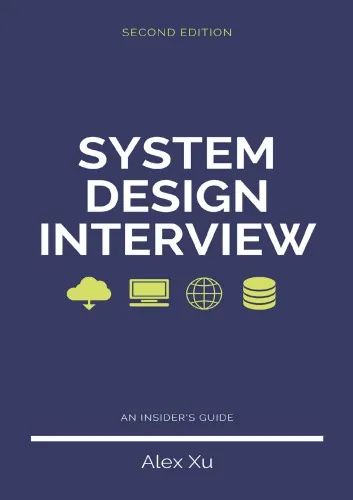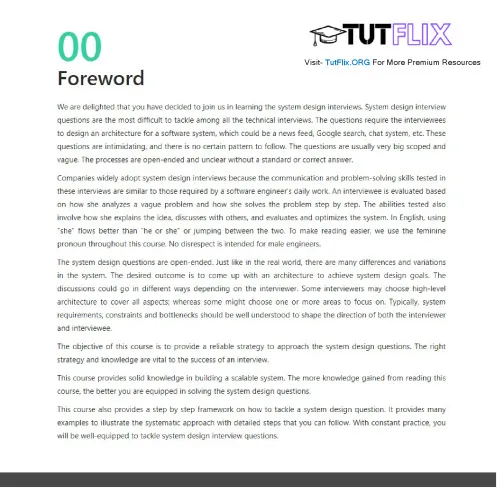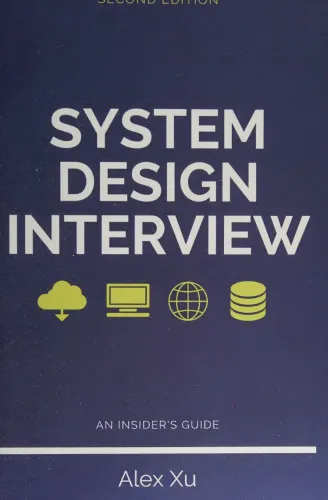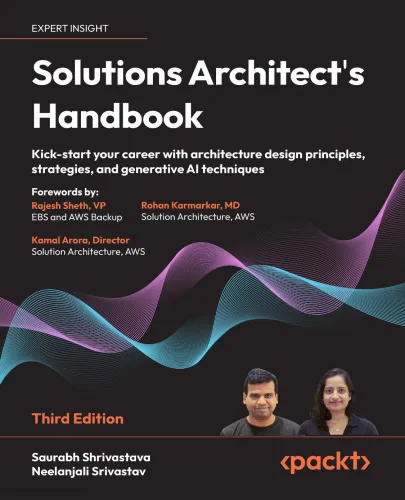Software Architecture: The Hard Parts: Modern Trade-Off Analyses for Distributed Architectures
4.7
Reviews from our users

You Can Ask your questions from this book's AI after Login
Each download or ask from book AI costs 2 points. To earn more free points, please visit the Points Guide Page and complete some valuable actions.Related Refrences:
Persian Summary
Welcome to the introduction of "Software Architecture: The Hard Parts: Modern Trade-Off Analyses for Distributed Architectures," written by Neal Ford, Mark Richards, Pramod Sadalage, and Zhamak Dehghani. This book serves as both a compass and a roadmap for navigating the complex landscape of distributed architectures in software development. As technology evolves, so too do the intricacies of software design, making informed decision-making more critical than ever.
Detailed Summary of the Book
The book delves into the nuanced and challenging aspects of software architecture in an era defined by distributed systems. It is structured to guide architects through the delicate process of trade-off analysis, offering insights into balancing competing priorities such as performance, scalability, maintainability, and security. The authors draw from their extensive experience and expertise, supplying practical strategies and real-world examples to illustrate the myriad trade-offs architects face.
This work emphasizes the 'hard parts' of architecture, those areas where solutions are not straightforward. Topics include managing boundaries through service granularity, handling data distribution, ensuring effective integration, and addressing emergent communication patterns. By presenting rigorous methodologies and patterns, the book prepares architects to tackle the intricacies of modern software design.
Key Takeaways
- Understand how to perform effective trade-off analysis in distributed architectures.
- Learn best practices for managing service boundaries and granularity.
- Gain insights into data distribution challenges and solutions.
- Explore strategies for maintaining architectural agility in the face of changing demands.
- Grasp the importance of communication patterns and their impact on system design.
Famous Quotes from the Book
"The hallmark of great architecture is the ability to handle complexity and balance competing priorities."
"In the realm of distributed systems, no decision is cost-free. Every choice bears implications that must be carefully weighed."
Why This Book Matters
In today's fast-evolving technological landscape, maintaining architectural coherence in distributed systems is both a necessity and a challenge. "Software Architecture: The Hard Parts" is a seminal text that provides essential knowledge for anyone involved in architectural decision-making. This book matters because it shifts the focus from simple advice towards a structured approach to handling complex architectural dilemmas. It encourages architects to think critically, evaluate trade-offs rigorously, and understand the cascading effects of their decisions. Moreover, the expertise of authors Neal Ford, Mark Richards, Pramod Sadalage, and Zhamak Dehghani ensures that readers are learning from some of the best minds in the field.
For software architects striving to excel in the realm of distributed systems, this book is an indispensable resource, equipping them with the frameworks and insights needed to build robust, scalable, and maintainable architectures. In a world where the stakes are high and the demand for high-quality software solutions never ceases, understanding and mastering the hard parts of software architecture is more crucial than ever.
Free Direct Download
You Can Download this book after Login
Accessing books through legal platforms and public libraries not only supports the rights of authors and publishers but also contributes to the sustainability of reading culture. Before downloading, please take a moment to consider these options.
Find this book on other platforms:
WorldCat helps you find books in libraries worldwide.
See ratings, reviews, and discussions on Goodreads.
Find and buy rare or used books on AbeBooks.
3022
بازدید4.7
امتیاز3
نظر98%
رضایتReviews:
4.7
Based on 3 users review
saravanakumar5
Oct. 15, 2024, 6:19 p.m.
Welcome to the introduction of "Software Architecture: The Hard Parts: Modern Trade-Off Analyses for Distributed Architectures," written by Neal Ford, Mark Richards, Pramod Sadalage, and Zhamak Dehghani. This book serves as both a compass and a roadmap for navigating the complex landscape of distributed architectures in software development. As technology evolves, so too do the intricacies of software design, making informed decision-making more critical than ever.
saleem
May 5, 2025, 12:10 a.m.
One of the best books on micro services architecture
paras
July 25, 2025, 12:44 p.m.
This book is amazing.
Questions & Answers
Ask questions about this book or help others by answering
No questions yet. Be the first to ask!
